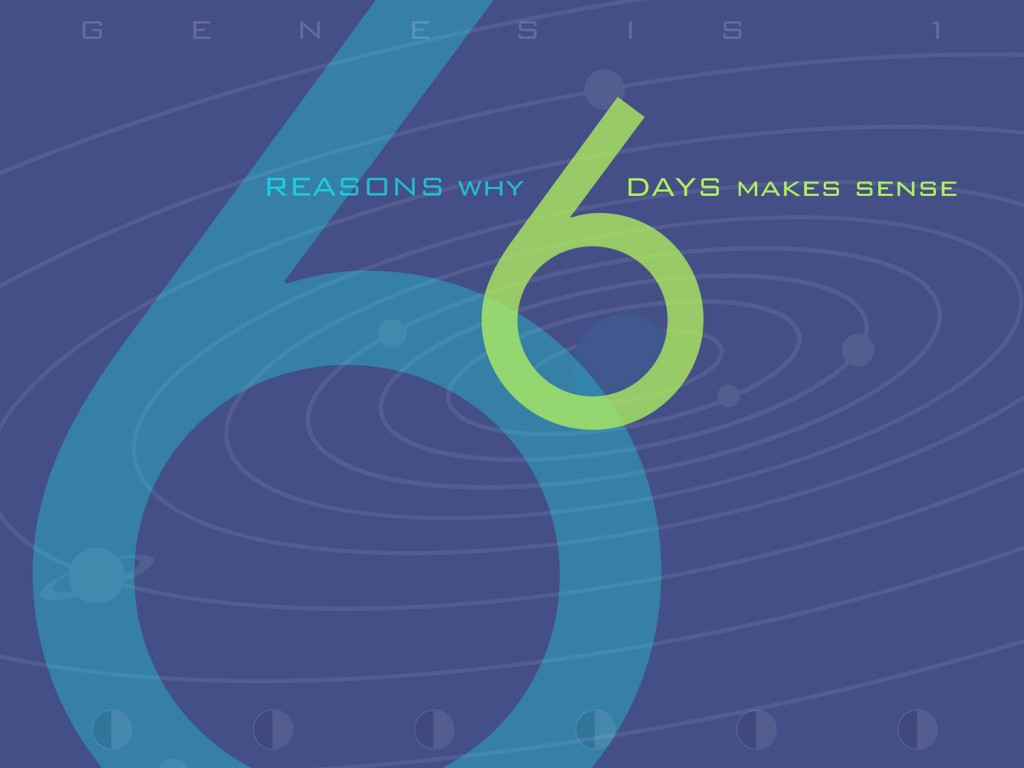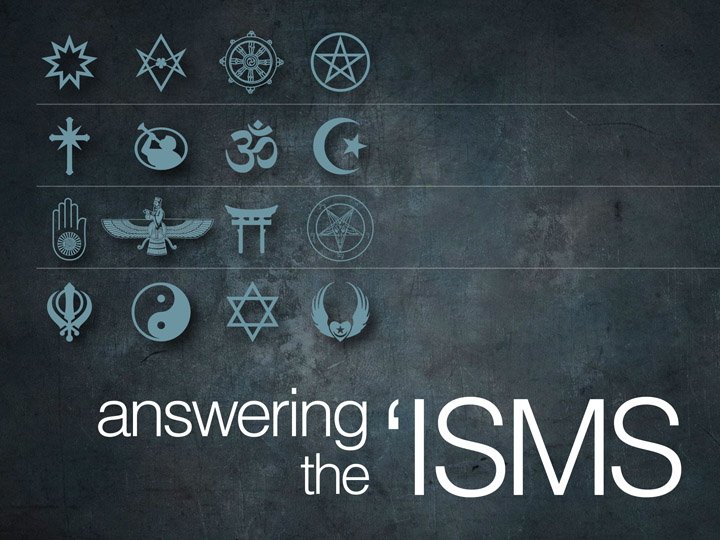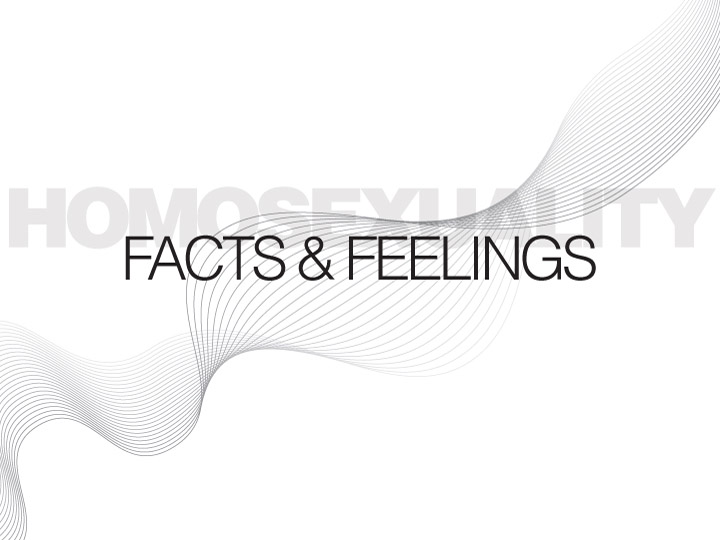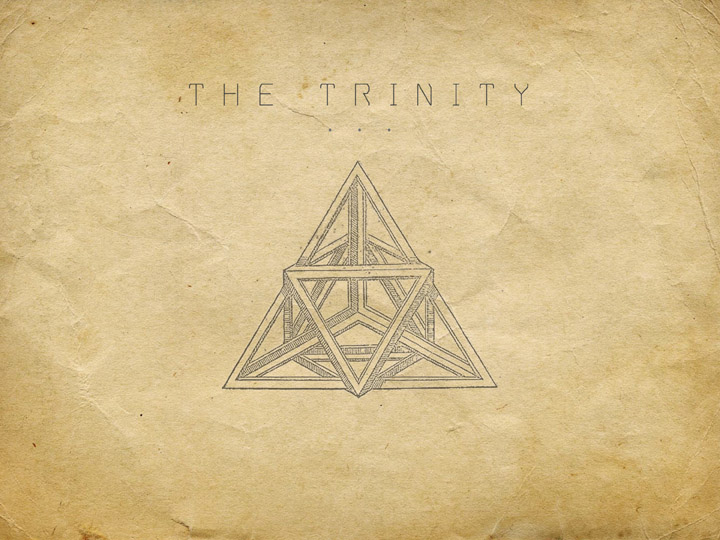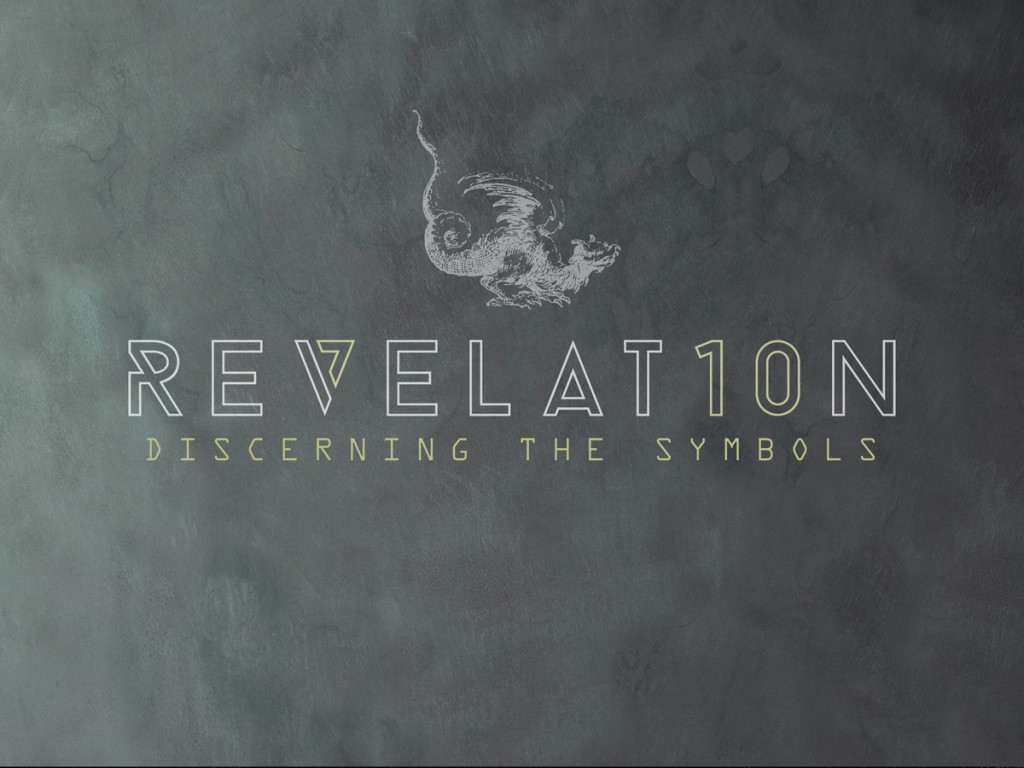Posts by Apologetics Speaker/Trainer
6 Reasons Why 6 Days Makes Sense Few subjects generate more passion among believers and non-believers alike than Genesis 1. Does it really matter how we understand the six days of creation as long as we believe that God did it? Absolutely. Is the Young-earth position scientifically valid? Is the Old-earth position theologically tenable? Does the…
Read Morethe Buzz vs. the Bible The Bible can be difficult to defend in a brief exchange. Many take for granted that it is a man-made book because they believe the hearsay (buzz) of the secular culture rather than inspecting it for themselves. This session is not the typical survey of biblical objections. Rather, it steps back…
Read More1o Reasons That Refute Man-Made Climate Change The green movement has become a powerful cultural influence promoted with religious fervor. Its dogma is popularized by media, Hollywood, and national governments. But how much of it is based on observation versus models and agendas? These sessions will articulate the difference between God-ordained environmental stewardship and religious…
Read MoreAnswering the ‘Isms There are so many different religions (‘isms) out there, are they all saying pretty much the same thing? How can Christians prepare for an exchange with someone of another faith and what questions should they ask to be the ones evangelizing rather than being evangelized. This is a quick survey of 3-4…
Read MoreHomosexuality: Facts & Feelings Sometimes a subject can be become so emotional and politicized that facts are obscured and dialogue is impeded or impossible. Homosexuality is such a topic and one which believers need to engage through both truth and love. These sessions offer rare insight into this seldom understood, hotly debated, and highly sensitive issue.…
Read MoreThe Trinity A great majority of heretical teachings originate from a misunderstanding or distortion of the Trinity. Is the Trinity a contradiction? Is it incomprehensible? Are books like The Shack harmful or helpful in explaining it? How would you explain a common phrase such as “Jesus is the Son of God” to a non-believer? Gain insight into what…
Read MoreIs Everything Art? Because most people don’t inform their worldview through textbooks but rather through popular media, art is both a powerful influence on the thinking of the culture as well as a barometer of it. Should any form of expression be considered “art”? How are contemporary art and moral relativism related? Does the Bible…
Read MoreRevelation: Discerning the Symbols Because Revelation is generally considered the most difficult book in the Bible, people either don’t try to understand it or they adopt a popular interpretation of it and stubbornly refuse to consider an alternative. Does the Bible offer any clues about how to interpret Revelation, or are we left to impose…
Read MoreSuper Baal
It should be no surprise that if you want a good barometer of where the U.S. culture is just watch the Super Bowl. Whereas the ancient Israelites fashioned a golden calf as the focal point for the pagan, Baal-centered religious system to which they repeatedly sunk, the Super Bowl is our annual homage to those…
Read MoreGun Control – Part 3: Despite the Evidence
Secular progressives a.k.a. the intelligentsia promote policies based on their own theories about how they believe things ought to be despite the evidence showing how the world really works. As the last post pointed out, disarmament only limits those who respect the law thus facilitating a criminal’s efforts rather than hindering it. Yet the squeals…
Read MoreGun Control – Part 2: Moral Disarmament
Recalling the pacifist movement in France between WWI and WWII, Thomas Sowell in Intellectuals and Society describes how teachers’ unions in France worked toward the “moral disarmament” of students by rewriting textbooks. By emphasizing being “citizens of the world” over patriotism and fighting for one’s country, they believed that a next generation of pacifists would be…
Read MoreGun Control – Part 1: No Discernment Allowed
One of the most distinctive aspects of our relativistic, progressive culture is its inability to make distinctions. We are either unable or afraid to distinguish between good & bad (except for the idea that distinguishing them is bad), male & female, disagreement & intolerance, ideas & identity, discipline & abuse, and defense & aggression. This gross lack…
Read More